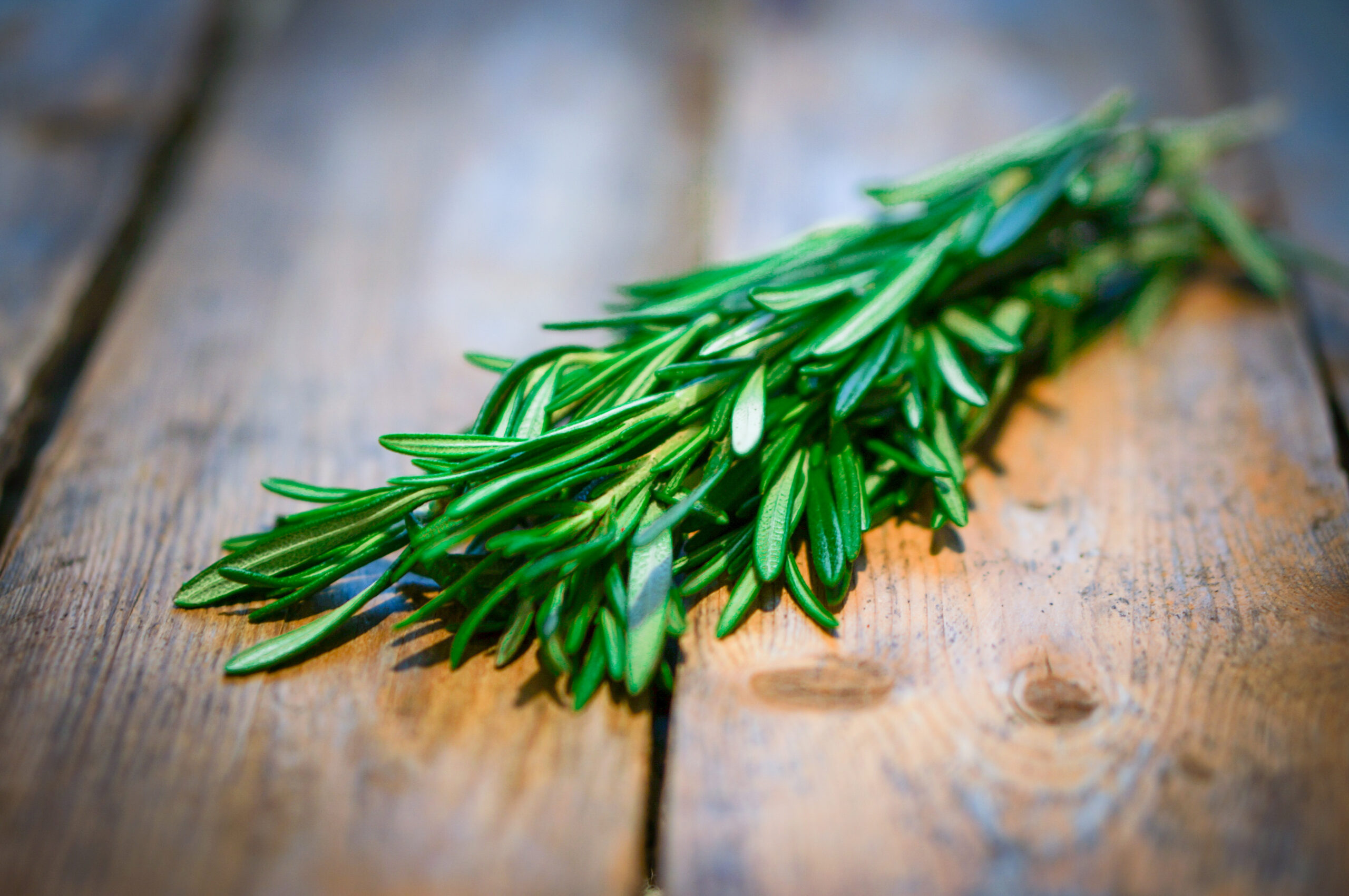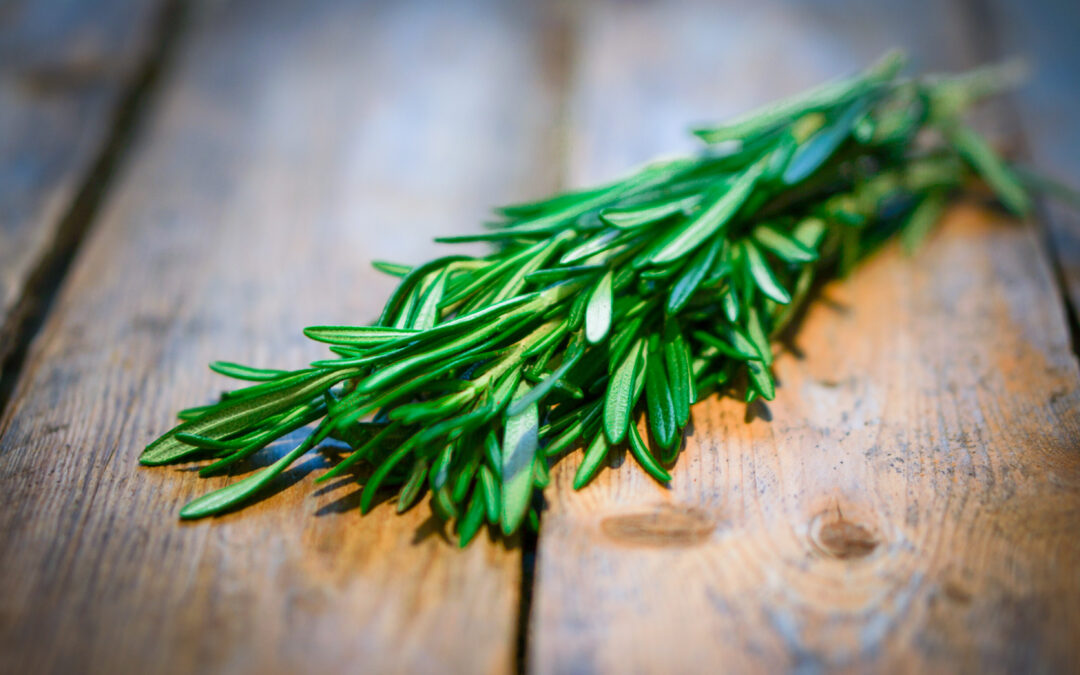Organic gardening is a growing trend that has been gaining popularity over the years. Many people are turning to organic gardening as a way of providing their families with healthy, fresh produce while also promoting environmental sustainability. In this blog post, we will explore the benefits of going organic and why you should consider organic gardening.
Introduction to Organic Gardening
Organic gardening involves growing plants without using synthetic fertilizers or pesticides. Instead, organic gardeners rely on natural methods such as composting, crop rotation, and companion planting to keep their gardens healthy and productive. By avoiding the use of chemicals, organic gardeners can promote soil health, reduce water pollution, and support beneficial insect populations.
The Benefits of Going Organic
There are many reasons why people choose to go organic. Here are some of the top benefits:
Healthier food: Organically grown fruits and vegetables have been shown to contain higher levels of nutrients than conventionally grown produce. They also tend to be free from harmful pesticide residues.
Environmental sustainability: Organic farming practices are designed to minimize the impact on the environment. By reducing the use of synthetic chemicals, organic gardeners can help protect local ecosystems and reduce greenhouse gas emissions.
Better taste: Many people report that organically grown produce tastes better than conventionally grown produce. This may be due to the fact that organic growers often prioritize flavor when selecting varieties to grow.

How to Start Your Own Organic Garden
Starting an organic garden is easier than you might think. Here are some tips for getting started:
1. Choose the right location: Select a spot in your yard that gets plenty of sunlight and has good drainage. If you don’t have much space, consider container gardening.
2. Prepare the soil: Remove any existing turf or weeds and add compost and other amendments to enrich the soil.
3. Choose the right plants: Select varieties that are well-suited to your climate and growing conditions. Look for heirloom or open-pollinated seeds if possible.
4. Maintain your garden: Keep your garden well-watered and weeded. Use natural methods such as companion planting and crop rotation to prevent pests and diseases.
Common Mistakes to Avoid When Starting an Organic Garden
While organic gardening can be rewarding, it can also be challenging. Here are some common mistakes to avoid when starting an organic garden:
1. Overcomplicating things: Don’t feel like you need to follow every piece of advice you read online. Simplify your approach and focus on the basics.
2. Not preparing the soil enough: Poor soil quality is one of the biggest obstacles to successful organic gardening. Take the time to prepare your soil properly before planting.
3. Neglecting maintenance: Organic gardens require regular care and attention. Make sure to stay on top of weeding, watering, and other tasks to keep your garden healthy.
Conclusion
In conclusion, there are many benefits to choosing organic gardening. By following these tips and avoiding common pitfalls, you can create a thriving organic garden that provides your family with healthy, delicious produce. So why not give organic gardening a try? You might just find that it’s the most satisfying and rewarding form of gardening yet!



